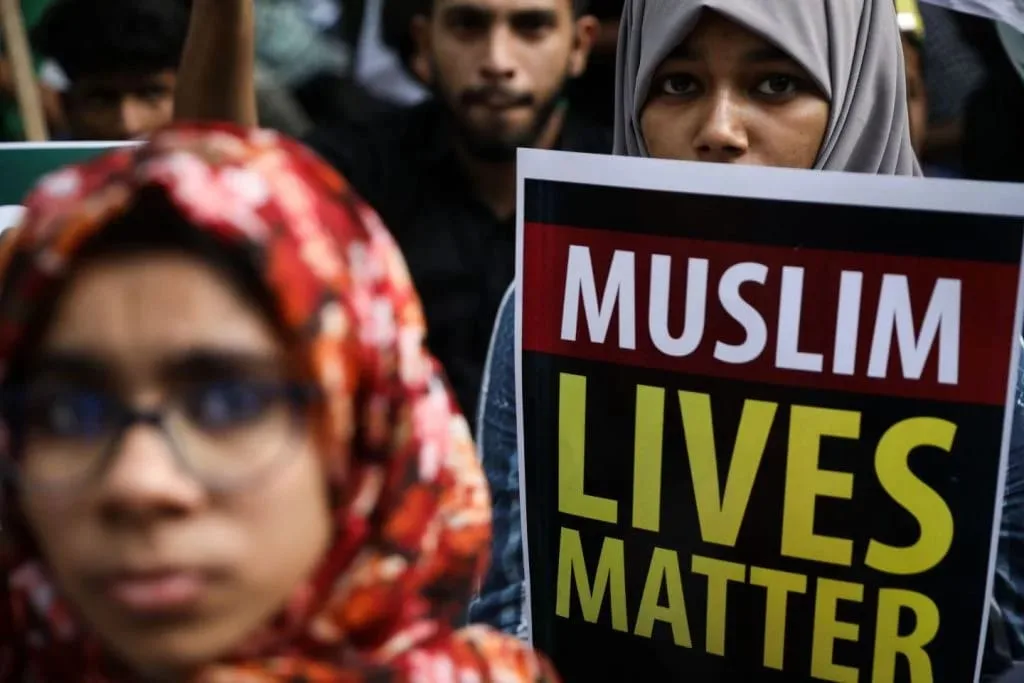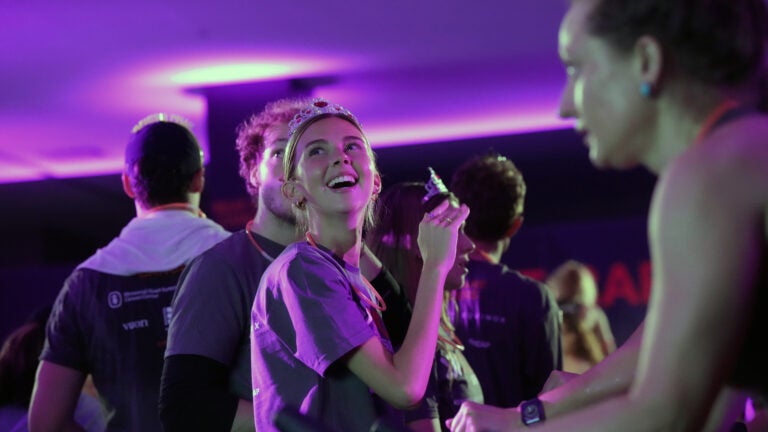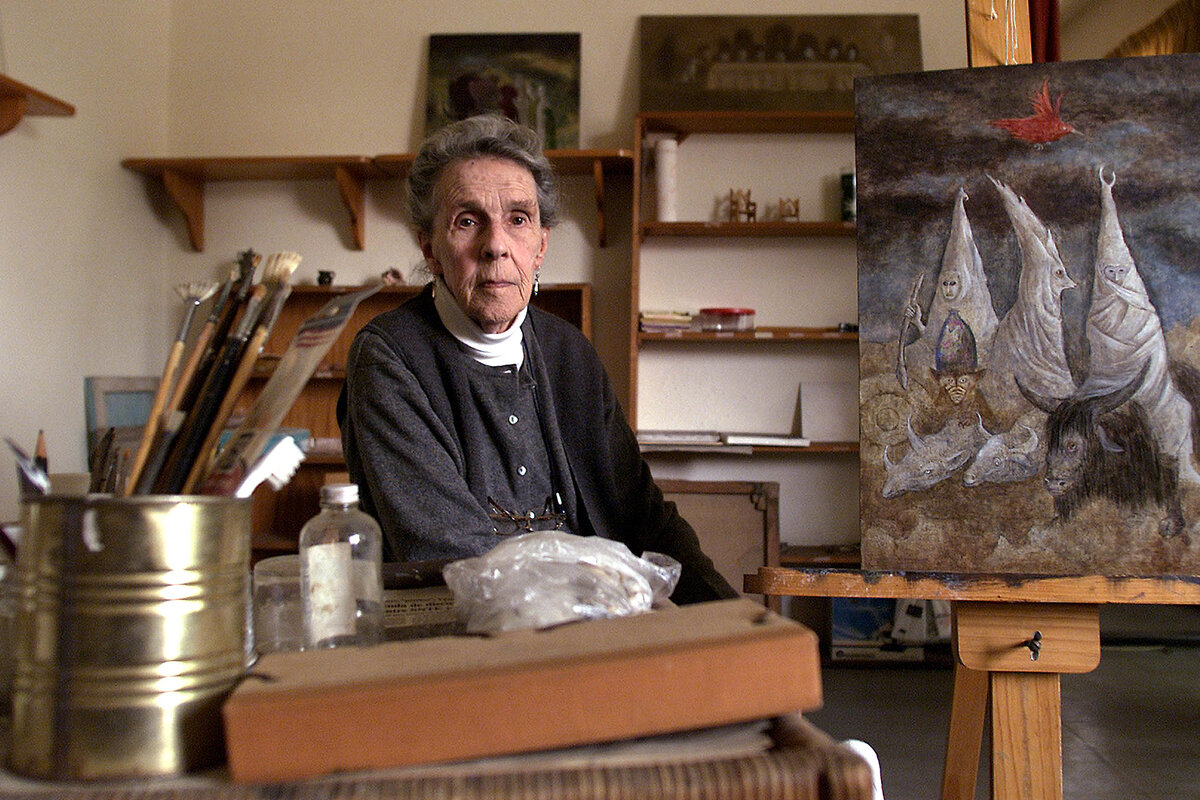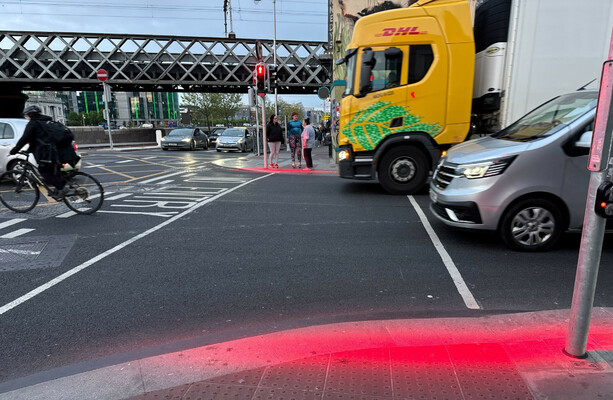Treated By Identity: The Intersectional Nature Of Communal Discrimination Against Muslims

A pregnant 27-year-old Muslim woman, alleged that a gynaecologist in Maheshtala, Kolkata, refused to treat her due to her religious identity. The doctor reportedly claimed that she would not treat ‘Mohammedan’ patients and refused to treat the woman in light of the Pahalgam terrorist attack in Jammu and Kashmir, where 26 individuals (majority of which were Hindu) were killed. She is reported to have known the patient by her first name for 7 months, and began refusing treatment upon learning her last name. The doctor allegedly said that people of the woman’s religion were killing people of her religion. The patient’s husband lodged a complaint about the incident on April 24th, at the Maheshtala Police Station and at the West Bengal Medical Council. The doctor has denied such accusations, and claims that they are trying to defame her, lodging a case at the Parnasree Police Station. She reportedly says that most of her patients are Muslim, and that she never made such a comment. On April 22, 2025, four militants attacked tourists in Baisaran Valley, Pahalgam, resulting in 26 civilian deaths. The group was a mix of Indian nationals, a Nepali tourist and a Kashmiri resident. The attackers reportedly segregated victims based on religion before executing them, and when questioned by some victims of their motives said, ‘Go ask Modi‘. The militants are suspected by several government agencies to be terrorists from Pakistan, but are yet to be identified due to ongoing investigation. Stereotypes against Muslims: internal essentialisation of separate conflicts This is not the first instance of a communal narrative affecting actions of individuals and interest groups at larger levels. The US State Department Report on International Religious Freedom enumerates how existing legal frameworks and political rhetorics act as inciting elements on social attitudes and collective perception of Muslims. They claim that this is evident via attacks on places of worship, disruption of religious gatherings, physical assaults and hate speeches at Hindu nationalist gatherings calling for violence or marginalisation of the Muslim community. They find support in their claim that the perpetrators of such action have been selectively investigated and apprehended, to be prejudiced against the Muslim minorities. India’s Ministry of External Affairs rejected the report, stating it was based on misinformation and biased sources. The doctor’s alleged refusal to treat a Muslim patient exemplifies how individuals may internalise national tragedies, leading to prejudice against entire communities. Although neither party in the incident has proven sources of participation in the Pahalgam attack directly, this displays how stereotypes and prejudices influence the alleged discriminatory behaviour. Widespread media attention and communal propaganda has made several believe that the militants in the Pahalgam attack are Muslim, especially due to their alleged separation of Hindus and Muslims among the civilian victims. Connecting the view of this attack with the alleged behaviour of the doctor, it is noticeable how there is an essentialising notion of identification in refusing service. It shows how the actions of individuals, propagated to be that of Pakistan (and a Hindu-Muslim conflict), reflects on the minority population of Muslims living in India. The doctor’s alleged actions show how a conflict-based sensationalisation of news, like the presentation of a clash between Hindus and Muslims without complete proof, can perpetuate stereotypes and induce stigma against the Muslims as minorities. Religious sentiment and medical ethics If the allegations against the doctor are proven to be true, it spells dangerous ethical principles for the medical community. It is a common societal perception that doctors, as professionals committed to the medical service of humanity, do not see caste, creed, or gender in their patients. That is, medical ethics mandate that a doctor should try to provide their patient with the best service, without any bias. The allegations involved in this incident display a conflict between the doctor’s identity and her medical duty. It shows how strongly the essentialisation of individual incidents as a communal propaganda, can contribute to existing stereotypes about a community in one’s mind. These stereotypes are thus enacted in the form of discriminatory behaviour, which could interfere in the way of humanitarian service in this case. What several individuals (both readers of and practitioners of such discrimination) seem to forget, is that this is a question of humanity and not religion. Alleged discriminatory behaviour such as the above, demonstrate a much harsher truth about stereotypes and ethics as well. It shows how such conflicts between profession and identity can dehumanise those who are stigmatised. That what one’s identity stands for to an individual, is valued more than their need for humanitarian service. The intersectional nature of discrimination against a Muslim woman This incident further stresses the need to view things with an intersectional feminist lens. We tend to think of intersectionality as something that needs to be prioritised while talking about developmental changes. But we rarely realise that it is necessary to view discrimination similarly as well. The nature of alleged discrimination itself was intersectional in this case. A case where the communal belief system and sentiment intersects patriarchal notions. Feminist struggles have brought several achievements of women so far, like achieving educational, political and social rights. One among several struggles, is the improvement to and additional benefits for women in maternity healthcare service. It was struggled for by activists and medical practitioners due to it being a basic necessity. But an individual denying it citing discriminatory reasons puts these struggles even further behind. The alleged behaviour shows how far feminist solidarity reaches, only insofar as communal, caste-based and class based identities are similar. The pregnant woman’s identity, as both a Muslim and a woman, exposes how communalism and patriarchy can co-produce discrimination. Feminist success lies not just in who becomes a doctor, but in how care is extended across those axes of difference. The fact that a female doctor is practising medicine in a scientific and humanitarian field is two steps forward for feminism. But shielding such a service due to individualised prejudice and distancing the marginalised, is still a step back for feminism. This reflects how deeply communal tensions can infiltrate even the most essential and ethical spaces like healthcare. A terrorist attack is seen to spill over into the lives of those far removed from the violence, turning ordinary citizens into representatives of a religion viewed with suspicion. Medical ethics are grounded in impartiality, treating every human being with dignity and care, regardless of their identity and associations. The woman has faced discrimination not only because of her religion but also in a domain that has been historically shaped by patriarchal control. A female doctor’s participation in the medical field is a feminist achievement; but using that role to deny care to another marginalised woman undermines feminist solidarity. Ultimately, this incident calls for further and deeper societal reflection on how fear and prejudice must not be allowed to compromise basic rights and ethical duties.
















